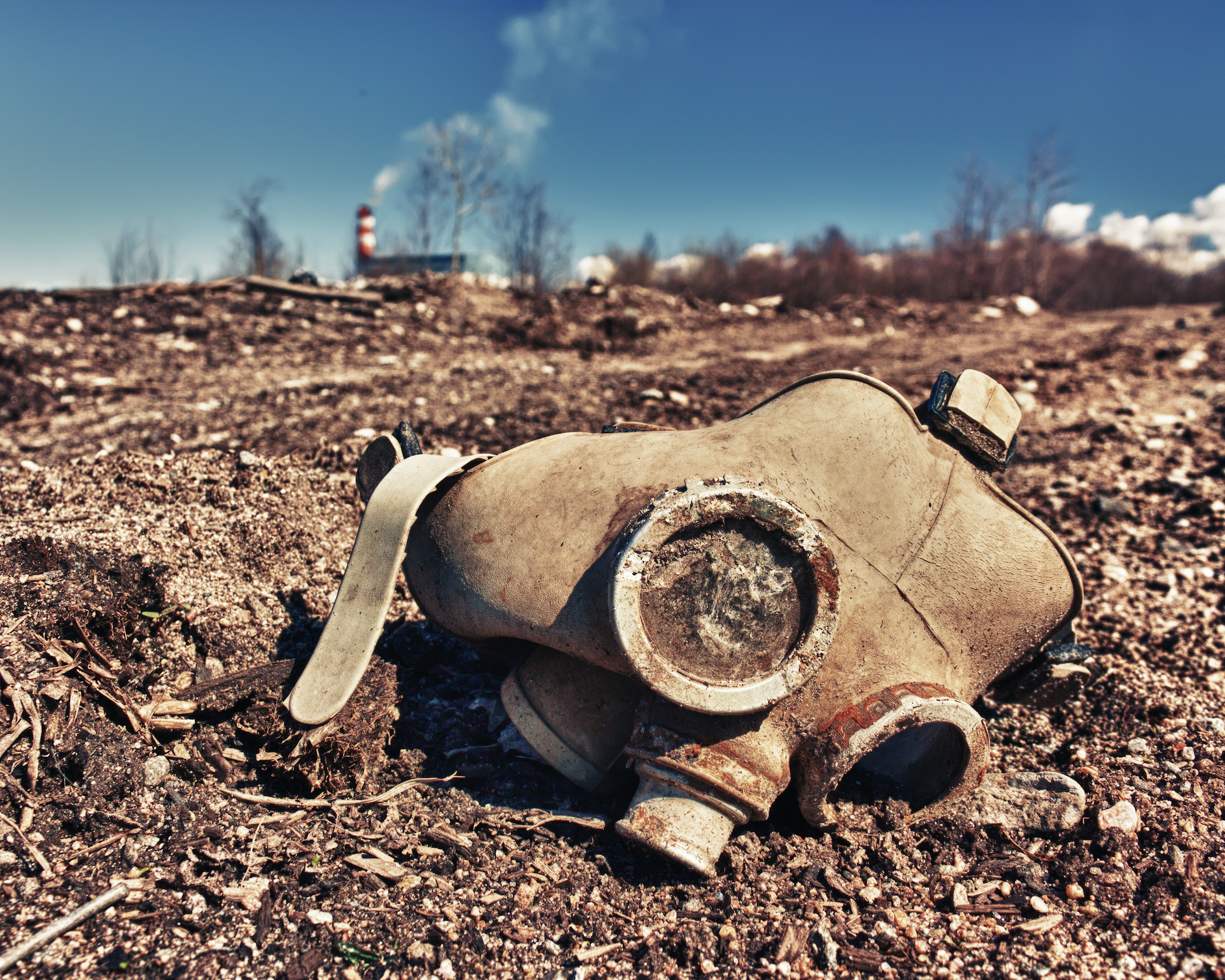We can’t be sure about how technology will develop. We can, of course, be fairly confident that there will be more powerful computers, and we can hope that there will be benefits in medical sciences, which will have been accelerated by COVID-19. We hope we’ll be able to cope better with diseases, that we’ll understand genetics better and that we will be able to make energy without burning fossil fuels. Clean energy and better biotech are two areas of science that we hope will develop.
Planning ahead for a decisive century
Emeritus Professor of Cosmology and Astrophysics
- The 21st century is the first in which one species – human beings – can affect the entire planet’s fate.
- Some key concerns for the future are how we can prevent dangerous climate change; avoid causing mass extinctions; and control the misuse of new technologies.
- The issue of how to harness the benefits of technologies while guarding against their downsides will involve tension between privacy, liberty and security.
The impact of one species
We need to plan as far ahead as we can, and one of my concerns has been to see if we can make any good, reliable guesses about the future of our environment and our planet and our technology. We know that we are living in a very special century. We know that the Earth has been around for 45 million centuries and that this century is special, because it’s the first century when one species, namely human beings, has the power to affect the entire planet’s fate. And that’s because there are more of us in the world than ever before – the world population is now about 7.8 billion – and we’re each more demanding of energy and resources. For the very first time, we are affecting the entire planet.

Photo by carlprescott_photo
Affecting the planet’s fate
One obvious way in which everyone is familiar that we’re changing the planet is that we’re changing the climate. The emission of CO2 through the burning of fossil fuels is warming up the Earth in a way that could lead to dangerous tipping points, and one of the things we want to predict is just how serious this will be, how quickly it will happen. This is one of the most important areas of scientific modelling and prediction.
Another related question is whether we can avoid causing mass extinctions. Obviously, the biosphere is a complicated and rather delicate system. If we encroach too much on it because we need to use more land to grow food, if we change the climate, then that will make conditions suboptimal for the existing plants and animals. One of the big concerns is that we should not only control the change of the climate but also the despoliation of the natural world through mass extinctions. To quote the great ecologist E. O. Wilson, ‘Mass extinction is the sin that future generations will least forgive us for.’ We’ve really got to hope that we can cope with a population which is going to rise even further without encroaching too much on nature, and without burning so much fossil fuels that it will lead to dangerous climate change.
Predicting the future
We can predict that the population will rise to about 9 billion by mid-century. Most of the people in the world are in developing countries, and they’re young; they’re going to live longer; and they’re going to have their own children. So even if the birth rate falls, the population is going to rise for at least the next 20 or 30 years. We can’t predict beyond that stage. We hope it’ll start falling, but we can’t predict what will happen beyond about 2050. Predictions of the climate and of the population can be made about 20 or 30 years ahead.
The other thing we’d like to predict, obviously, is technology. Here, again, we can predict a decade ahead, but not all that far ahead. Think of how much we now depend on information technology: smartphones would have seemed magic as little as 20 years ago, whereas they’ve spread globally faster than any other prior technology. If we try to think about 2050, we’ve got to bear in mind that there may be some completely unpredicted technologies which will dominate our lives then, which aren’t on our radar at all at the moment.

Photo by Olivier Le Moal
New risks on the horizon
In terms of what we should worry about in the future, what really gives me nightmares is that these new powerful technologies can be misused, either by error or by design. Consider the most devastating technology that was invented in the last century: nuclear weapons. Nuclear weapons can’t be made without huge, special purpose-built facilities. They can’t be made in a clandestine way that’s hard to monitor. So although we quite rightly worry about nuclear weapons – they are still a huge danger overhanging the world, and we’ve got to make sure that they’re properly controlled – we can monitor any facilities where nuclear weapons could be made, because they’re large and conspicuous. The International Atomic Energy Agency does this.

Photo by Khamidulin Sergey
But biotech – making engineered viruses even more virulent and transmissible than COVID-19 – is something which can be done by people using facilities available in many university or industrial labs. And likewise, computer power and computer networks could allow a small group or even an individual to cause a cyberattack that could cause massive devastation, knocking out the power grid in a large region or causing some other global disaster. One of my worries is how we can control the misuse of these technologies and harness their benefits without feeling too threatened by their downsides.
Controlling the misuse of technologies
It’s a big challenge. It’s going to cause a big tension between three things we want to preserve: privacy, liberty and security. We’re going to have to give up a lot of privacy if you want to be sure there’s not someone, somewhere in the world, who is going to be making a clandestine pathogen that could be very dangerous.
Academies like the Royal Society, of which I was once President, and its counterparts around the world are trying to address what regulations should be imposed on biological developments on grounds of both prudence and ethics. That’s great, but even if these regulations are agreed on by all countries, the question is, can they be enforced? We don’t have much success in enforcing drug laws or tax laws globally, and likewise, my nightmare is that we can’t enforce the regulations on use of these dangerous technologies. And that’s why we will have a bumpy ride through this century.
Discover more about
the 21st century and the future
Lightman, A. and Rees, M. (2025). The Shape of Wonder: How Scientists Think, Work, and Live. Pantheon.
Rees, M. (2022). Is Science to Save Us?. Polity.
Rees, M. (2004). Our Final Century: The 50/50 Threat to Humanity's Survival. Arrow.
Rees, M. (2019). Prologue: Extinction: What It Means to Us. In P. Dasgupta, P. Raven, & A. McIvor (Eds.), Biological Extinction: New Perspectives (pp. 15–21). Cambridge University Press.